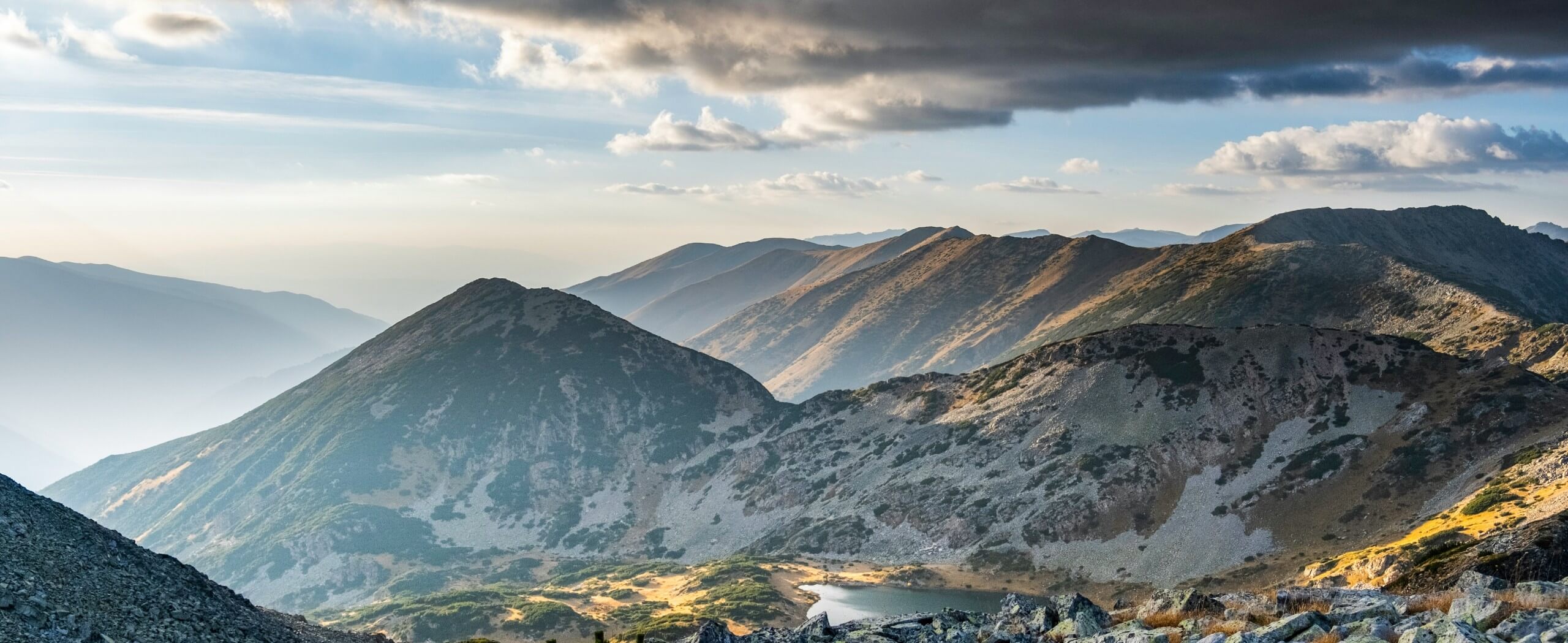The more we anteriorly rotate our shoulders forward, the more we a) flare the scapula, b) recruit the trap muscles, and c) increase khyphotic curvature. This leads to a natural crooning effect in the neck or what I like to call, vulture neck. So how does this relate to the overhead press and posture?
To press a weight overhead and finish in the most structurally sound and optimized position, we need to do the exact reversal movements of what’s written above. We need to pull our scapula in by drawing our shoulders down our spine, thus lengthening and disengaging the trap muscles.
Next, draw the elbows forward so they are under the bar or dumbbell that is in your hand. Much like a back squat, we want to position the load over our joints so that we can recruit the most amounts of muscles without locking out the joint.
This one is confusing, but you want to continue to draw the shoulder towards the ground as you extend your hands overhead, leading to a full extension at the end of your press. As you press, you want to think about puffing your chest and keeping your chin facing forward. If you look down you will inevitably recruit your traps again.
All of our structural integrity comes from torque, so we need to create this torque as we extend to our finishing position. You want to think about driving your armpits forward as you pull your shoulders down, and extend the weight overhead. In an optimal position your arms finish behind your ears, wrists are straight, chin is facing forward and your armpits are exposed to the front. The weight finishes stacked overtop of your shoulders, hips and in the middle of the foot.
Finally, never forget the bracing sequence, which is drawing your sternum towards your hips and engaging the abdominal wall, a slight contraction of the glutes, external rotation of the knees and strong active feet on the ground.



Comments